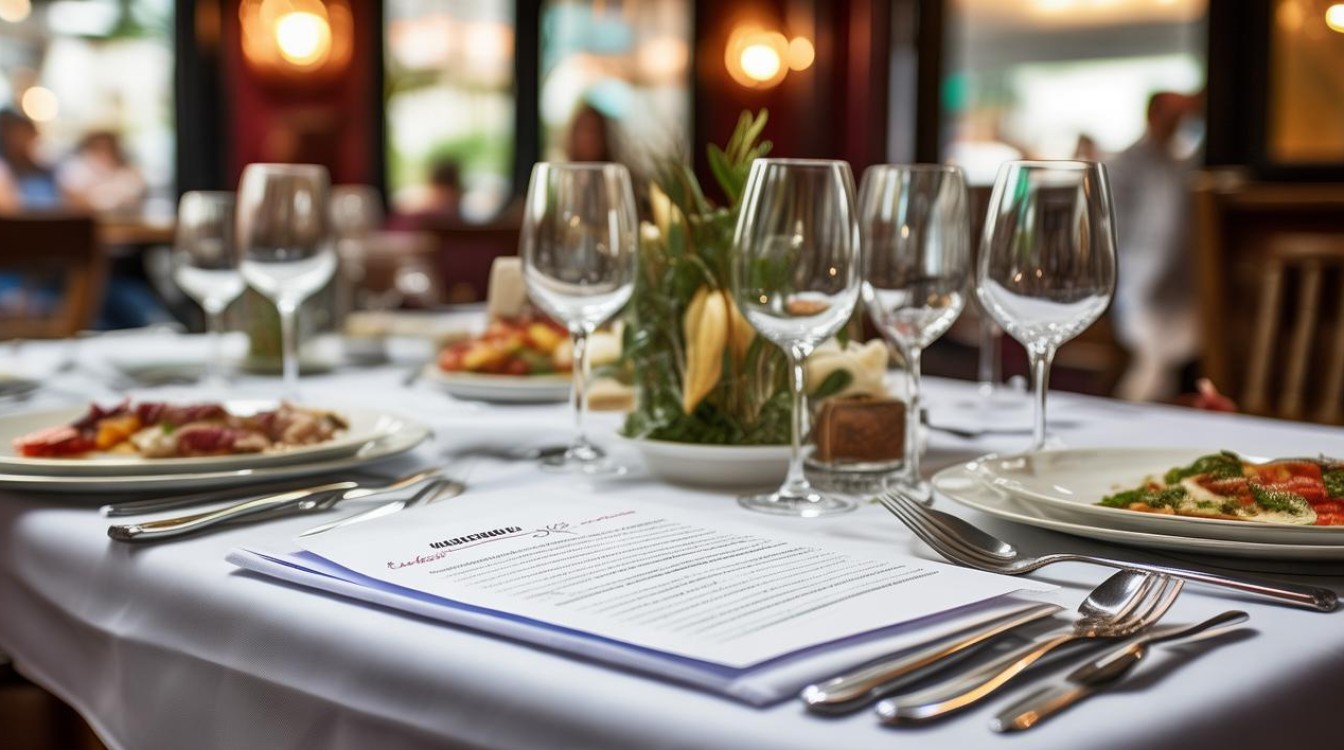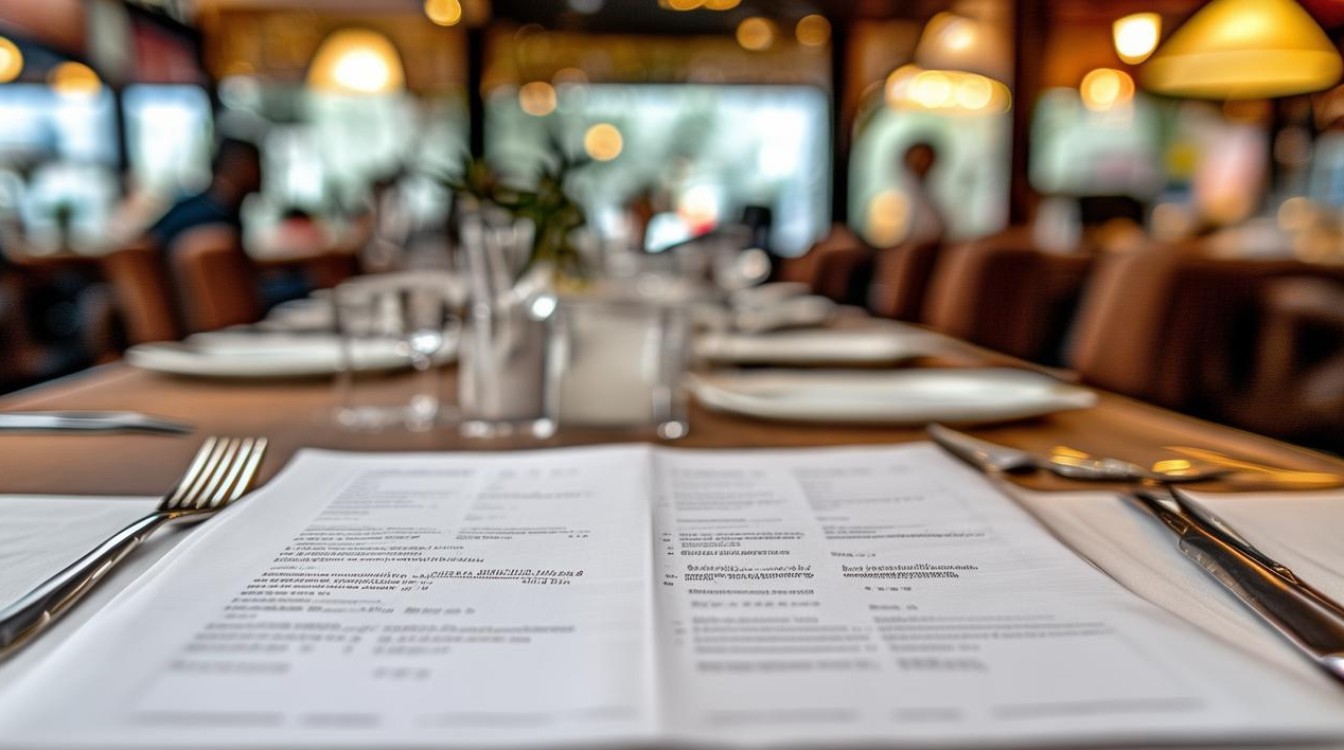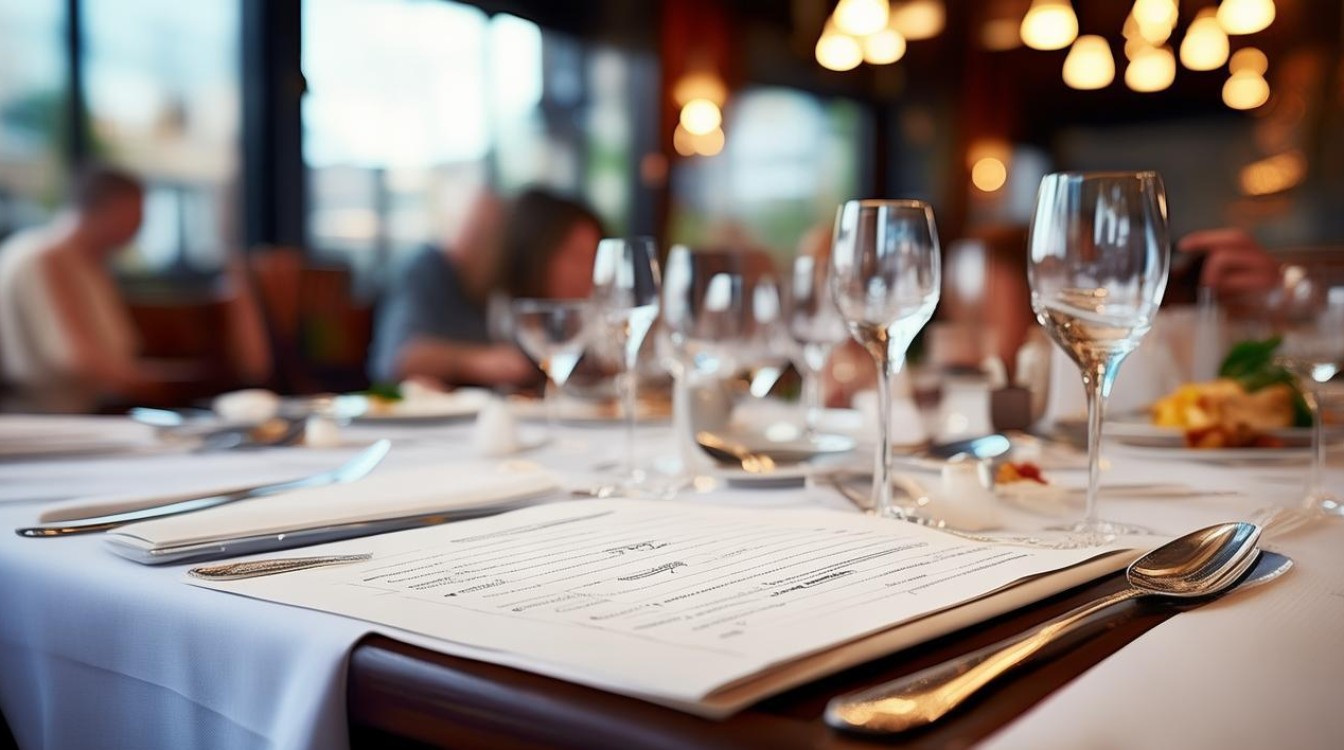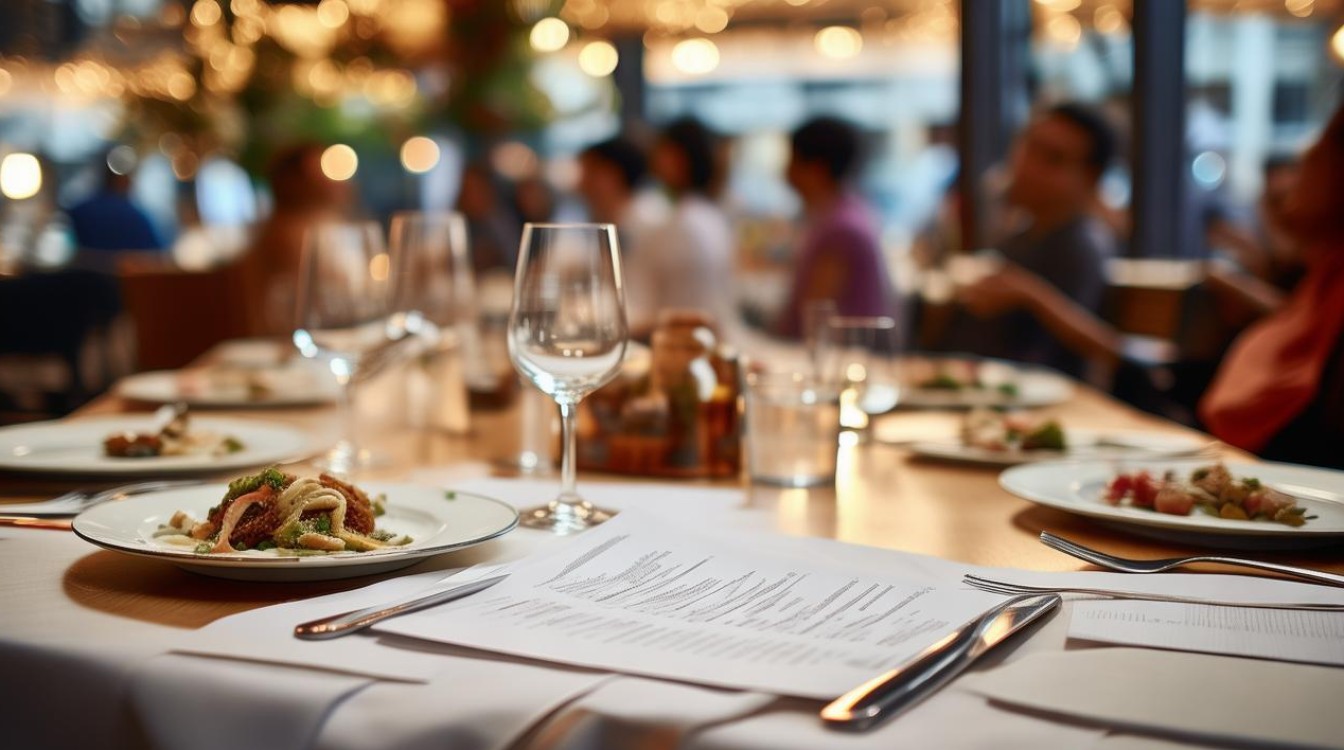Dining out is more than just eating—it’s an experience that blends culture, language, and social etiquette. Whether you're traveling, studying abroad, or simply exploring new cuisines, knowing how to navigate a restaurant in English can make the process smoother and more enjoyable. This guide covers essential phrases, cultural norms, and practical tips to help you feel confident when eating out in English-speaking environments.

Understanding the Basics
Before stepping into a restaurant, it’s helpful to familiarize yourself with common dining terms. Menus often include words like "appetizers" (starters), "entrées" (main courses), and "desserts." Beverage sections may list "soft drinks," "cocktails," or "house specials." If you’re unsure about a dish, don’t hesitate to ask the server for clarification. Phrases like "Could you describe this dish?" or "What do you recommend?" are polite and widely used.
In many English-speaking countries, tipping is customary. In the U.S., for example, a tip of 15–20% of the total bill is standard unless service is included. In the U.K. or Australia, tipping is less rigid but appreciated for good service. Always check the bill to avoid double-tipping.
Ordering with Confidence
When the server approaches, they might ask, "Are you ready to order?" or "Can I get you started with drinks?" A simple "Yes, please" or "We need a few more minutes" keeps the interaction smooth. If you’re dining with others, it’s common to say, "We’ll share the..." or "I’d like the..." to specify individual preferences.
For dietary restrictions, phrases like "Does this contain nuts?" or "I’m allergic to dairy" are crucial. Most restaurants accommodate requests such as "Can I have this gluten-free?" or "No onions, please." Clear communication ensures your meal meets your needs.

Navigating the Meal
Once the food arrives, you might hear "Enjoy your meal!" from the server. A polite response is "Thank you, you too!" if they’re also eating. During the meal, servers often check in with "How is everything?" A thumbs-up or "It’s delicious, thank you" is a courteous reply.
If something is wrong—say, the steak is overcooked—politely say, "Excuse me, this isn’t cooked as I requested. Could it be reheated?" Most establishments will gladly fix the issue. Avoid aggressive language; a calm request yields better results.
Handling the Bill
In some cultures, splitting the bill is straightforward, while in others, one person might pay. To ask for separate checks, say, "Can we have split bills, please?" If paying together, "We’ll take the check" signals you’re ready to leave. In casual settings, phrases like "I’ll get this one; you can cover the next" keep things fair among friends.
Credit cards are widely accepted, but carrying some cash is wise for smaller places or tips. When paying by card, the server might ask, "Do you want to add a tip?" or "Sign here, please." Always review the receipt before signing.

Cultural Nuances
Dining etiquette varies. In the U.S., it’s common to chat with servers; in the U.K., interactions are often more reserved. Loud conversations might be fine in Australia but frowned upon in upscale New York restaurants. Observing locals can help you adapt.
Buffets and fast-casual spots often require self-service. Phrases like "Is this seat taken?" or "Where do we order?" come in handy. In pubs, you might order at the bar instead of waiting for table service.
Final Thoughts
Mastering restaurant English isn’t just about vocabulary—it’s about embracing the rhythm of the dining experience. From ordering to tipping, each step reflects cultural norms and social grace. Practice these phrases, stay open to new foods, and remember that even native speakers occasionally fumble. The goal is to enjoy the meal and the moment, one bite at a time.
Confidence grows with practice. Next time you dine out, try using a new phrase or custom. Whether it’s complimenting the chef or splitting the bill seamlessly, small efforts lead to memorable experiences. Bon appétit, or as English speakers say, "Dig in!"


